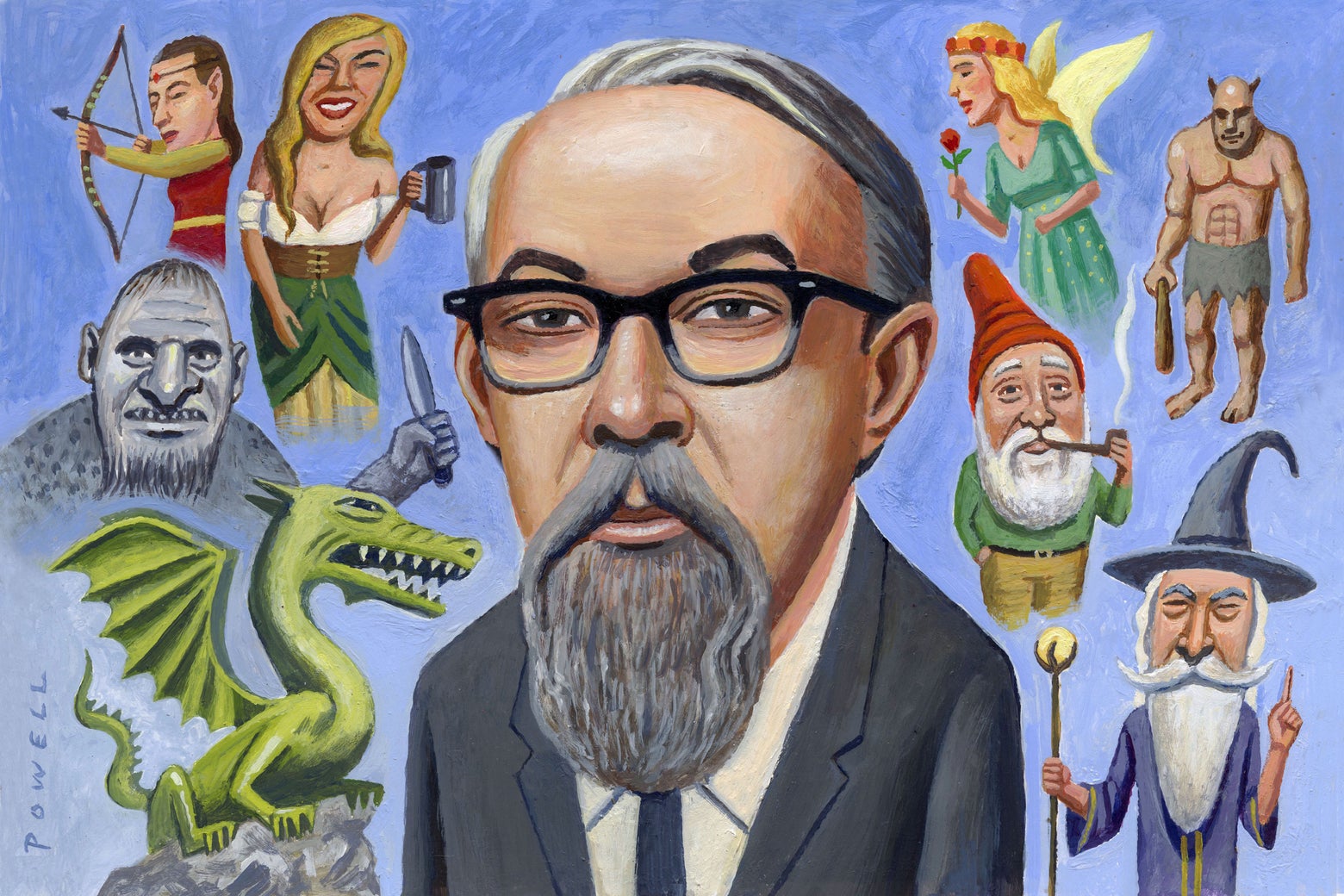Clint_L
Legend
First, I think Martin and Tolkien are not very comparable writers; Martin is perhaps reacting against Tolkien's version of high fantasy, but they have very distinct styles and thematic agendas. I also would not use Martin to characterize contemporary fantasy, at all. He, much like Tolkien, is a singular entity. There is a significant amount of contemporary fantasy that pretty clearly draws on that gritty Martin style, though; Joe Abercrombie comes immediately to mind.I have to disagree with you there. I don’t see anything particularly great about George R.R. Martin’s writing which seems much more like pulp than Tolkien. Many of the current fantasy writers really aren’t that appealing. I got more enjoyment from Weis & Hickman back in the TSR glory days than anything from other fantasy writes from the 90’s moving forward.
As for your latter point, art is subjective, so you're not wrong to like what you like. As a teacher of literature, I can tell you that there is a lot more contemporary fantasy writing that could be broadly characterized as "literary," meaning less driven by pure plot and less reliant on cliches and stereotypes. There is MUCH more diversity; like by orders of magnitude. Frankly, better writers are now writing fantasy, probably because they had the chance to grow up with it. It used to be that a serious writer wouldn't touch most genre fiction with a ten foot pole, and I am thankful that that has, to some degree, changed.
I largely avoid re-reading the fantasy that I loved as a youth because I find that most of it just doesn't hold up. I cannot tell you how much I loved Sword of Shannara when I was 12; I recently picked it up and had to stop after a few pages because I found it so obviously cliched that it was cringe-inducing. I read every Howard novel I could find as a kid and refuse to re-read him now precisely because I don't want to change that experience (I'll still re-read an old Savage Sword of Conan, though).
But most of those texts were distinctly not written to be timeless classics, they were written quickly to satisfy a publishing demand. Shannara was written, basically, to be Tolkien for kids and it works! So I'm not going to criticize it for being what it was intended to be. Conan stories were written as entertainment for a pulp magazine audience, to provide them visceral thrills. They work as intended. Considered in that context, no notes. Considered in a contemporary fantasy context, well, that's a different story.
This forum (all Internet forums?) skews much older. There's a lot of stuff we know that younger audiences don't, but that goes both ways.
Last edited:



